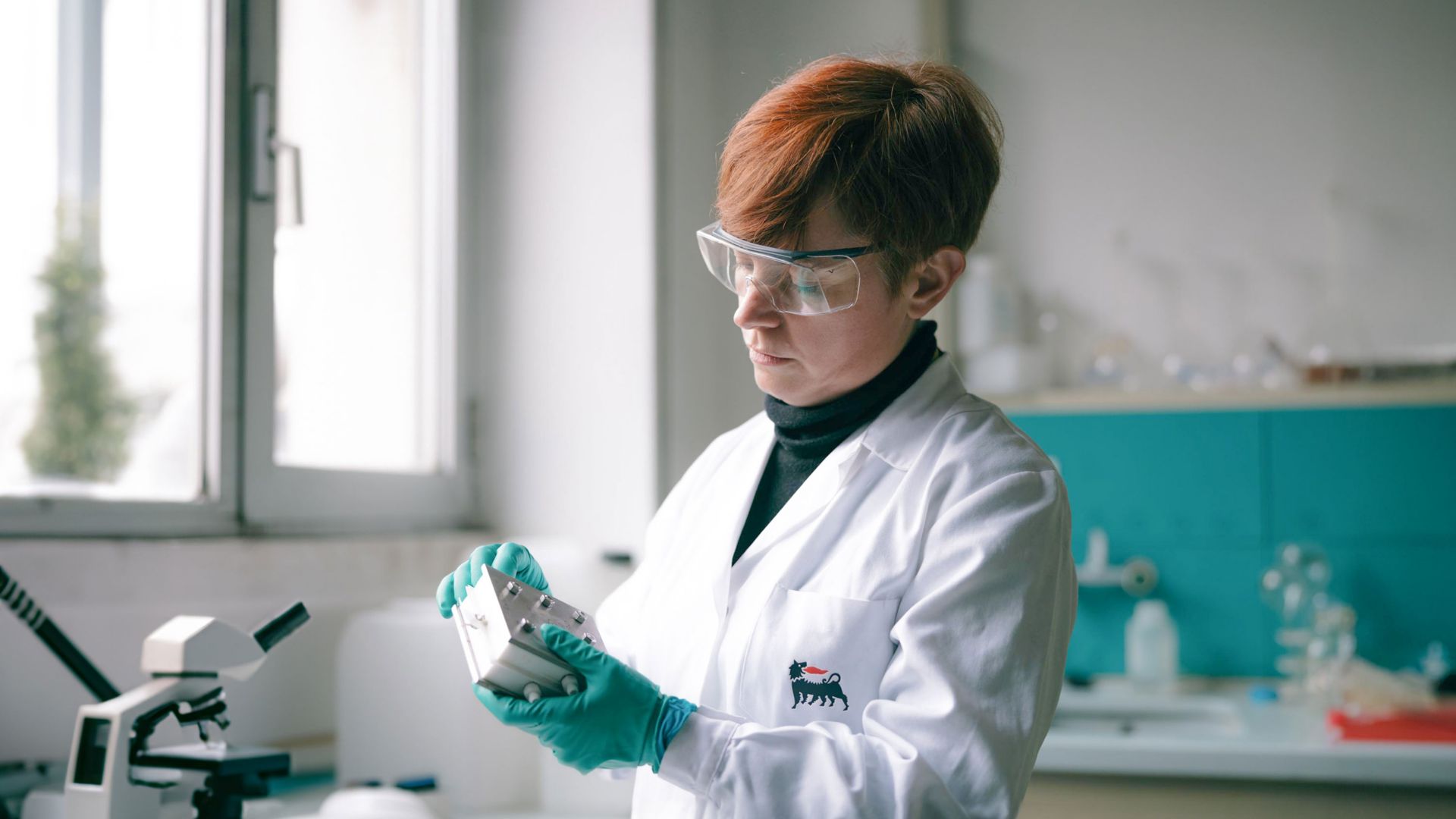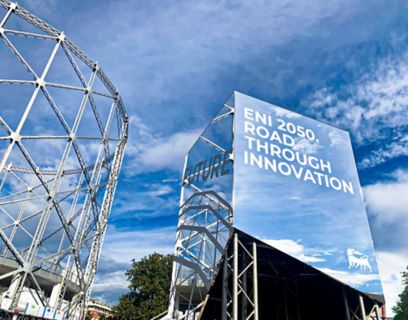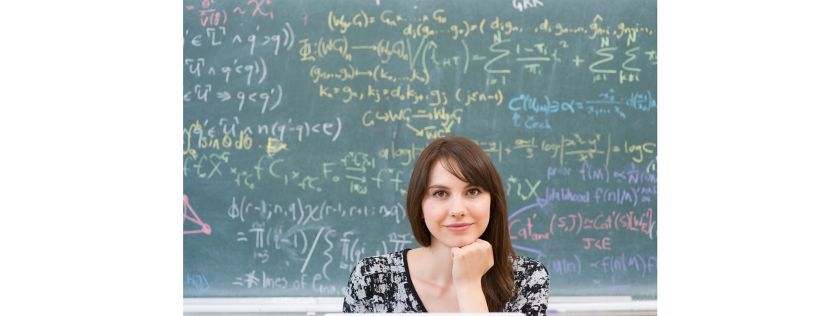- STORIES

Reflections on the theme of gender equality are an opportunity to take stock of the road travelled and the path that still lies ahead in order to achieve full gender equality. This goal is attracting the attention of many companies, which are determined to enhance and encourage the presence of women in internal business processes, not only with specific pathways of professional and managerial growth, but also within the contexts in which it operates indirectly, through projects focused in favour of women empowerment.
Ensuring that women and girls have equal opportunities and equal rights of access to resources is therefore not only a matter of social justice, but an essential milestone for global economic development itself, in line with Goal 5 of the 2030 SDG Agenda.
However, the general data indicates that we still have a way to go in this regard. This is clearly demonstrated by a recent estimate by the World Economic Forum – namely that it will take around 145.5 years to achieve gender equality in terms of political empowerment and 267.6 years to close the economic gender gap. Things seem to be going somewhat better in the field of access to education, where the gender gap has been almost completely closed, with more than 50% of graduates and holders of master's degrees are women. But this is still not enough: we still need to run the last mile, the most decisive of all.
Beyond gender stereotypes: the future is STEM
Today, in most countries, the number of women enrolled in university-level study is on the rise. While women are widely represented in areas such as Human and Social Sciences, Art and Information, in the STEM disciplines (Science, Technology, Engineering & Mathematics) a significant gap remains between the genders. This is a phenomenon that should not be ignored, and on the basis of these analyses, the UN established the “World Day of Women and Girls in Science” on 11 February.
According to the latest UNESCO Report, women with degrees in Computer Science only represent 40% of the total, and those with Engineering degrees account for just 28%. The results of the latest OECD PISA survey (which investigates the level of learning of 15-year-old students in more than 60 countries) confirms this data, revealing that in more than half of the countries involved, less than 2% of girls plan to work in the field of engineering or computer science. In Italy in particular, only one in eight girls wants to pursue a career in science, despite achieving excellence in the study of these subjects.
This is a trend that does not derive exclusively from individual preferences – indeed, as several studies have highlighted, it is an attitude that is often attributable to a pervasive gender stereotype: the alleged lack of ability of women in the logical-mathematical field. This bias has a significant impact in terms of the educational gap, as well as on the self-esteem of young women. As such, with a view to promoting female empowerment, it is essential to eradicate the cultural roots of this gender bias on the one hand, while intervening in the educational gap that derives from it on the other, preventing the possible subsequent implications in the professional and employment world.
The Fourth Industrial Revolution is radically transforming the labour market, which is now in need of increasingly cross-cutting and analytical skills, and in this scenario, we are seeing a growing range of opportunities related to scientific and technological innovation.
However, the lack of access for women to employment in the STEM field risks exacerbating gender inequality in both economic and social terms. In order to seize the opportunities presented by the revolution that is currently underway, it is therefore essential to encourage future generations – and girls in particular – to explore the many possibilities offered by this new horizon, and give them the tools and awareness they need to choose. Against this specific backdrop, Eni has decided to launch a number of educational and guidance projects dedicated to the STEM disciplines, such as InspirinGirls, CO.ME “COde&fraME” and Think About Tomorrow, with a view to helping young people to discover the new professions in science and technology and encourage them to embrace the challenges of the future. This is a commitment that goes well beyond the objectives of business growth, and aims to contribute more widely to the social development of the country. In view of this, all of the activities are designed in close collaboration with schools, and as a result, the goal of enhancing female human capital is moving ever closer.
The Unbearable Lightness of Chemistry: meeting with Amelia Lentini
Of all Eni’s experiences in support of STEM studies, the Role Modelling of women's careers has proved to be a powerful tool in encouraging girls to overcome gender-based conditioning and stereotypes and realise their potential. The Role Model is a positive example of a woman who has pursued her goals with determination despite any obstacles she may have encountered, and who embraces professional challenges with enthusiasm and curiosity. Amelia Lentini, a chemical engineer, is an example of this. She arrived at Eni in 1987. Since then, her passion for her work and her conviction with regard to the irrefutable added value that women represent in the scientific field have made her a pioneer and a voice to be heard.
Q Many girls believe that they are not cut out for science, and according to the data, they still don't seem to have full access to STEM today. What role does school play with regard to this gender stereotype?
A The role - or should I say the duty – of the school is to train, inform and above all encourage young people. School is the place where you learn to dream, and where you come to understand that your dreams can be realised thanks to your own strength and skill. This also means breaking down the stereotype that science subjects are not for girls. This is a great big lie, which among other things, has a serious impact on women's participation in some of the most prestigious professional careers, and which sometimes punishes them by leaving them behind in terms of their ability to earn.
Q Why don’t we ever talk enough about women's contribution to scientific progress?
A Because women have always been a step behind, they have always worked within the four walls of the home, or in any case remained in the shadows – and in the shadows, you can’t be seen. They have been completely excluded from the way the story of humanity is told. And this is true not only if we think of great scientists, great explorers, but also if we simply look at the street names in our cities: almost all of them are named after men. With this lack of female presence, it appears that we wish to ignore the contribution made by women; it seems we only turn to them when care and assistance is needed.
Q A number of studies have shown that girls are more likely to choose scientific disciplines if they are in contact with female role models who are active in this field. What do you think?
A Role models are fundamental to the process of identification. The dominant role models of the past have given rise to social conventions that over time have turned into unwritten rules. But the rules can be changed, particularly those that are unwritten. We only need to think of Italy: at the beginning of the twentieth century, the idea of a woman enrolling in the Engineering Faculty was not only unusual, but unthinkable, and yet the first female engineer in Italy, Emma Strada, lived at that time. Today it is still necessary to contribute to the spreading of awareness of different female role models who can serve as inspiration to the new generations, supporting them on their journey of self-realisation.
Q What makes you passionate about your work? And to what extent is emotional involvement in scientific activity possible?
A Many years ago, I made a choice that was not considered conventional. This gave me the opportunity to make my contribution to the field of energy, this great invisible force that makes the world go round. Good energy is like good food, it allows us to grow and prolongs our lives.
Getting to know and appreciate science involves sacrifice and dedication, but it pays off. I would say that at a certain point, it almost becomes a personal pleasure, because getting involved in science means possessing the tools not only to understand how the world works, but above all to change it. And it's an incredible discovery. Science only gives us emotions when we really get to know it: that's when it becomes generous, helping us to grow and growing within us.
Q What role do creativity and intuition play in science?
A A central role, I would say. Let's think of an oil field: it is hidden under the ground, we can’t see it or touch it – we can only imagine it, create a picture using indirect measurements, and to do so we have to resort to mathematical models. The advent of simulation models represented a historic change of pace in the exploitation of oil fields, and when I arrived at Eni, I started working with static and dynamic simulation models, and with mathematical simulations of well-fluid dynamics. What could be more creative than a simulation model?
My work allows me to imagine and build the future in a creative way. Obviously, if we want to work on innovation without making mistakes, creativity must be supported by scientific rigour. As such, mathematical tools are used to build a model that can be used in forecasting, and enables value to be created with the best possible cost-benefit ratio. However, the response provided by a computer can change a lot, depending on the equations chosen. And that’s where intuition comes in. Thanks to intuition, we can really take great steps forward, go faster and further, and generate innovation extremely fast. After all, all discoveries are the result of a flash of intuition. Intuition is a driving force for innovation, and women in particular are very intuitive.
Q Evelyn Fox Keller, a physicist and philosopher of science, supports a gendered approach to scientific activity. What is the added value offered by the female perspective in this instance?
A Women have an inherent ability to look to the future and at the same time preserve the past, and this, in my opinion, is an approach that can make a real difference. You can't just focus on the finish line when thinking about success: it must be a success that benefits the wider community. When women go in a certain direction, they tend to look at the path ahead, in order to avoid putting a foot wrong. If the past is taken into account, there is a different awareness of this path, and in science, as in life, one path is not the same as another.
Alessandra Pierro
Graduated in philosophy, she works as editorial freelance as copyeditor, content curator.





















